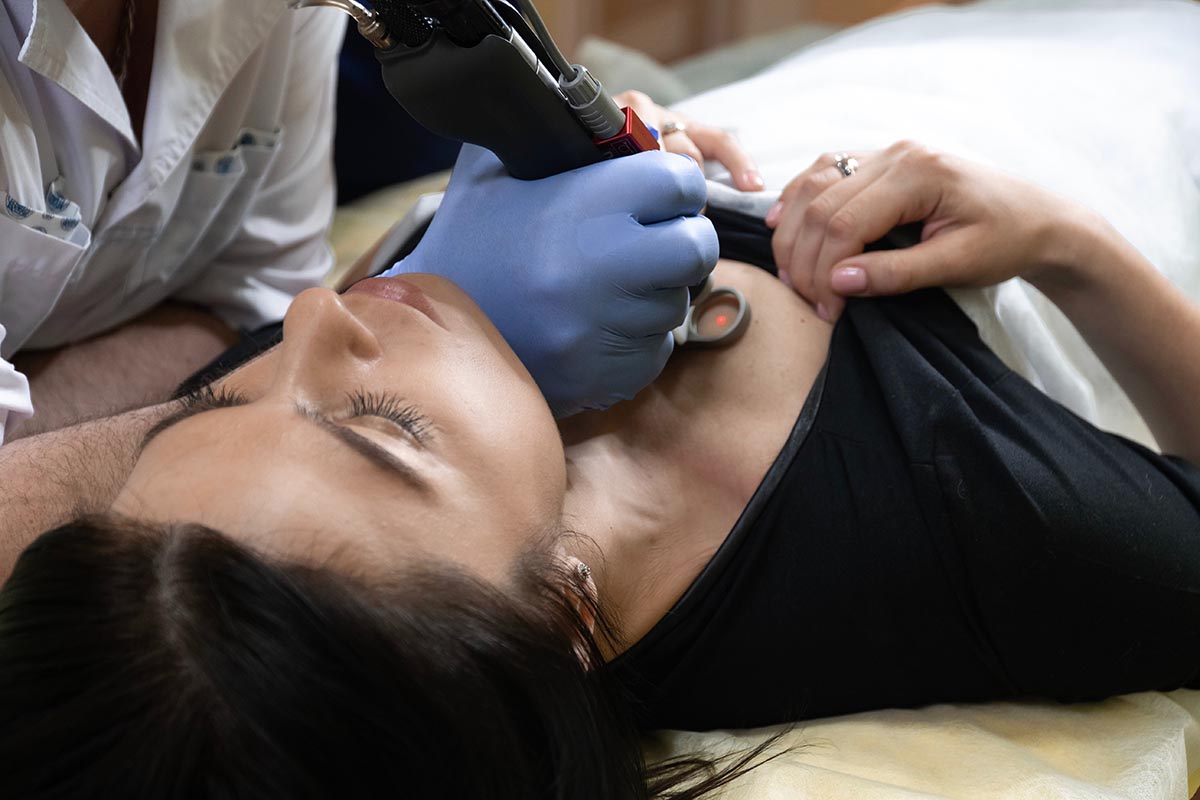Nurturing Compassion: The Path to Becoming a Nurse and Thriving in Healthcare
Key Points
- Compassion is at the Heart — A nurse’s ability to connect with patients emotionally is just as important as providing physical care.
- Communication is Critical — Effective communication with patients, families, and medical teams builds trust and ensures quality care.
- Education and Training Matter — From hands-on clinical experience to specialized certifications, a solid foundation of education is key to a successful nursing career.
Nurses are responsible for providing care to patients in various settings, from hospitals and clinics to patients’ homes.
In addition to meeting the physical needs of patients, nurses also play an important role in providing emotional support.
They may be the first person a patient turns to in times of crisis, and they often serve as a resource for information and advice.
There is no one formula for becoming a nurse.
Some people are drawn to the profession by a desire to help others, while others are attracted by the challenge of working in a fast-paced environment. However, there are a few qualities that all successful nurses share.
First and foremost, nurses must have a strong sense of compassion.
This quality allows them to connect with their patients and offer the care and support essential to the healing process. Additionally, nurses must be excellent communicators.
This is necessary to effectively communicate with patients, doctors, and other healthcare team members.
Also, nurses must be able to stay calm under pressure.
With so much responsibility on their shoulders, nurses must be able to maintain their composure in high-stress situations.
So, what does it take to become a nurse?
This section shall discuss the education and training required to become a nurse. Read on for more information.
Get a nursing degree
The first step to becoming a nurse is to obtain a nursing degree from an accredited nursing program.
There are three main types of nursing degrees: the Associate’s Degree in Nursing (ADN), the Bachelor of Science in Nursing (BSN), and the Master of Science in Nursing (MSN).
An ADN is the most common type of nursing degree and typically takes two to three years to complete.
A BSN is a four-year degree that provides students with a more well-rounded education, including liberal arts and sciences coursework.
An MSN is a graduate-level degree that can be completed in two to three years and provides nurses with advanced knowledge and skills.
While there are many different nursing programs, all accredited programs must meet certain standards set by the National League for Nursing Accreditation Commission (NLNAC) or the Commission on Collegiate Nursing Education (CCNE).
Get licensed
After completing a nursing program, the next step is to obtain a license from your state’s Board of Nursing.
To be eligible for licensure, you must pass the National Council Licensure Examination (NCLEX), which is a nationwide exam that all nurses must take to practice.
The NCLEX is a computerized exam that consists of multiple-choice and fill-in-the-blank questions.
The exam covers various topics, including safety and infection control, medical-surgical nursing, and pediatrics.
You can prepare for the NCLEX by studying independently or by taking a review course.
There are many different review courses available, both in-person and online.
Once you have passed the NCLEX, you will need to renew your license every two years.
To do so, you must complete continuing education credits (CECs). CECs can be earned by attending conferences, taking classes, or participating in other nursing-related activities.
Get certified
In addition to being licensed, nurses can also choose to become certified in their specialty areas.
Certification is not required to practice, but it can be beneficial for career advancement.
The experts from the international nursing jobs agency, Connetics USA say that there are many different nursing certifications, each with its own set of requirements.
For example, the Certified Registered Nurse Anesthetist (CRNA) certification requires nurses to have a minimum of a master’s degree and one year of experience in an anesthesia setting.
To become certified, you must first pass an exam administered by the certification board for your specialty area.
Once you have passed the exam, you must renew your certification every five years.
Get experience
While there is no substitute for clinical experience, you can do a few things to prepare for your career as a nurse.
One way to get experience is to volunteer in a healthcare setting. This can give you exposure to the hospital environment and allow you to see firsthand what nurses do daily.
Another way to get experience is to shadow a nurse.
This can allow you to observe the nurse’s duties and responsibilities and ask questions about the profession.
Finally, you can also gain experience by working as a certified nursing assistant (CNA).
This job will give you hands-on experience in patient care and allow you to work closely with registered nurses.
Advance your career
Once you have obtained your nursing degree and obtained licensure and certification, you can begin your career as a nurse.
However, there are many ways to advance your career and improve your skills as a nurse. A higher degree can help you qualify for positions in management or education or allow you to specialize in a particular area of nursing.
Obtaining certification in a specialty area is another way to advance your nursing career.
Certifications can make you more marketable to employers and open up new job opportunities.
Lastly, you can also advance your career by taking on additional responsibilities at your job.
This could involve taking on a leadership role, participating in research projects, or teaching classes to other nurses.





















